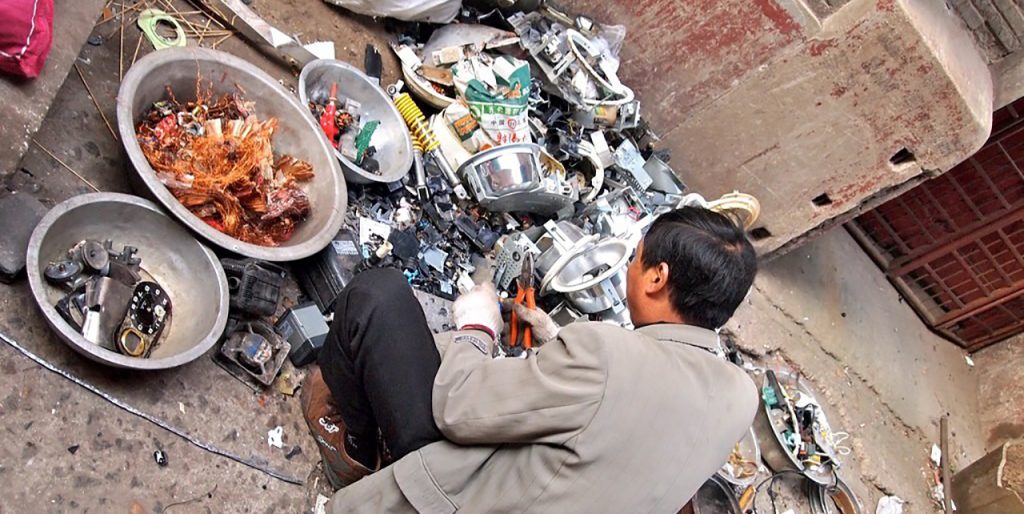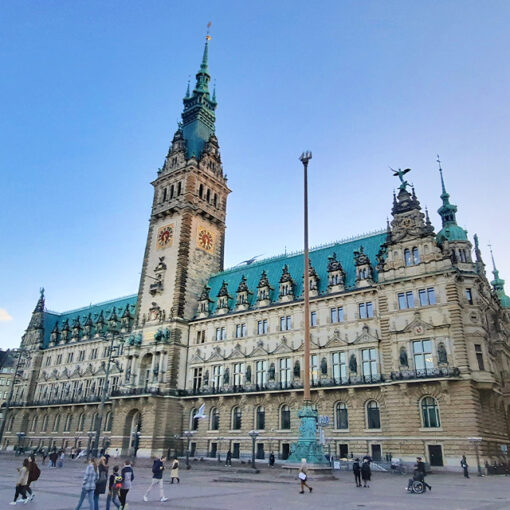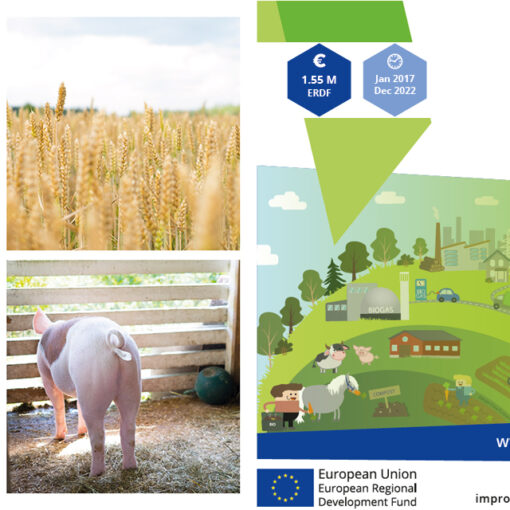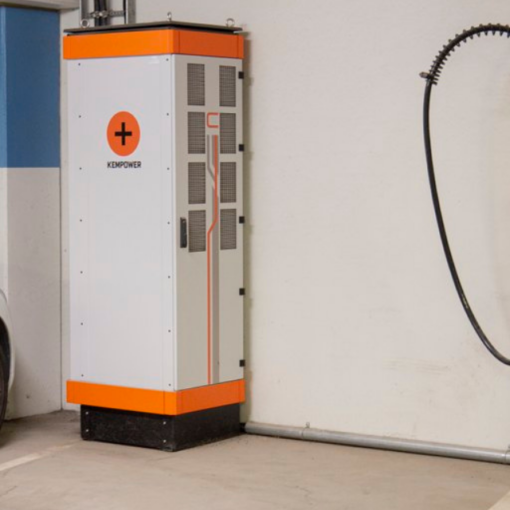The climate change is real, and its effects starts to be felt and seen more than ever. Greenhouse gases like carbon dioxide are putting pressure to the atmosphere. Excess carbon released to the atmosphere is one of the major reasons for the climate change. The climate change is a global phenomenon and hence local emissions result in global damages as well (Auffhammer 2018).
In this blogpost we raise a few issues, which are described more in detail in Getachew’s (2020) master thesis. The global damage on the climate is caused by both developing and developed countries. The developing countries have become destinations of the outsourced manufacturing. On the other hand, the developed countries are consuming excessively. According to World Bank (2008), consuming more means that the climate will be under more stress. It is impossible to stop people from consuming goods, but it would be advisable to encourage responsible consumption for a better future.
Outsourced production contributing its share on climate change
The outsourced manufacturing is one part of supply chain of products. These manufacturing processes are happening mostly in the developing countries with minimum environmental regulations to tackle climate change. These manufacturing processes are carbon intensive, which is against the climate change mitigation. According to Maslin (2014), the most sensible approach in preventing the worst effects of the climate change would be to cut carbon dioxide emissions.
Currently, the developed countries are creating burden on climate by excess consumption of goods. This excess consumption is responsible for higher carbon emissions at different stages. First, it starts at the production level. Second, it comes on transportation from production to consumption. Third, it creates lots of waste at the end of the product life. Saigal (2014), emphasizes that when calculated on per capita basis, high-income countries are responsible for at least five times more greenhouse gas emissions than low income countries in terms of consumption.

Sustainability and e-waste
The outsourcing manufacturing is also impacting on the sustainability issues. Sustainability is compromised to the level affecting the most vulnerable societies of the developing countries. Electronics production in China is a good example to show how outsourcing manufacturing is affecting the climate. Unsustainable extraction of raw materials, use of non-renewable energy sources and improper manufacturing facilities are used to minimize the product costs.
The climate challenge can only be overcome through the integration of conscious consumption and responsible production (Sawa et al. 2011). When we use, circulate, and finally dispose the products, it is advisable to consider the amount of resources spent on it and, especially, the future burden it puts on the environment.
Authors
Getachew Daniel, entrepreneur, graduated from the LAB University of Applied Sciences’ Master of Business Administration Program.
Anne-Marie Tuomala, M.Sc. (Arts), M.Sc. (Civ. Eng.), MBA, senior lecturer of LAB University of Applied Sciences, Technology unit.
References
Auffhammer, M. 2018. Quantifying Economic Damages from Climate Change. Journal of Economic Perspectives—Volume 32, Number 4—Fall 2018—Pages 33–52. [Cited 10 March 2020].
Getachew, D. 2020. Climate change as a driving force for production outsourcing to the developing countries – case country China. Master thesis. Master of Business Administration Program. [Cited 2 June 2020]. Available at: http://www.urn.fi/URN:NBN:fi:amk-2020060517315
Maslin, M. 2014. Climate change. A very short introduction. Oxford: OXFORD University Press. [Cited 15 May 2020]. Available at: https://books.google.fi/books?id=2mfDBAAAQBAJ&printsec=frontcover&dq=Maslin,+M.+2014.+Climate+change.&hl=fi&sa=X&ved=2ahUKEwip5KH2hprqAhXpo4sKHUhhDy8Q6AEwAHoECAEQAg#v=onepage&q=Maslin%2C%20M.%202014.%20Climate%20change.&f=false
Saigal, K. 2010. Climate change: The human aspect. Satyawati Nagar: India Kaplaz Publication. [Cited 01 May 2020].
Sawa, T., Iai, T. & Ikkatai, S. 2011. Achieving global sustainability policy recommendations. Shibuya-ku Tokyo: United nations University press. [Cited 20 May 2020].
World Bank. 2008. International trade and climate change: economical, legal, and institutional perspectives. Washington DC. [Cited 10 May 2020]. [Cited 10 May 2020]. Available at:http://documents.worldbank.org/curated/en/792051468315326395/International-trade-and-climate-change-economic-legal-and-institutional-perspectives
Picture
Picture 1. Tanis R. 2010. Shanghai Saturday. [Cited 15 May 2020]. Available at: https://search.creativecommons.org/photos/8675010c-671a-4bb8-91a3-ad557c65c716




